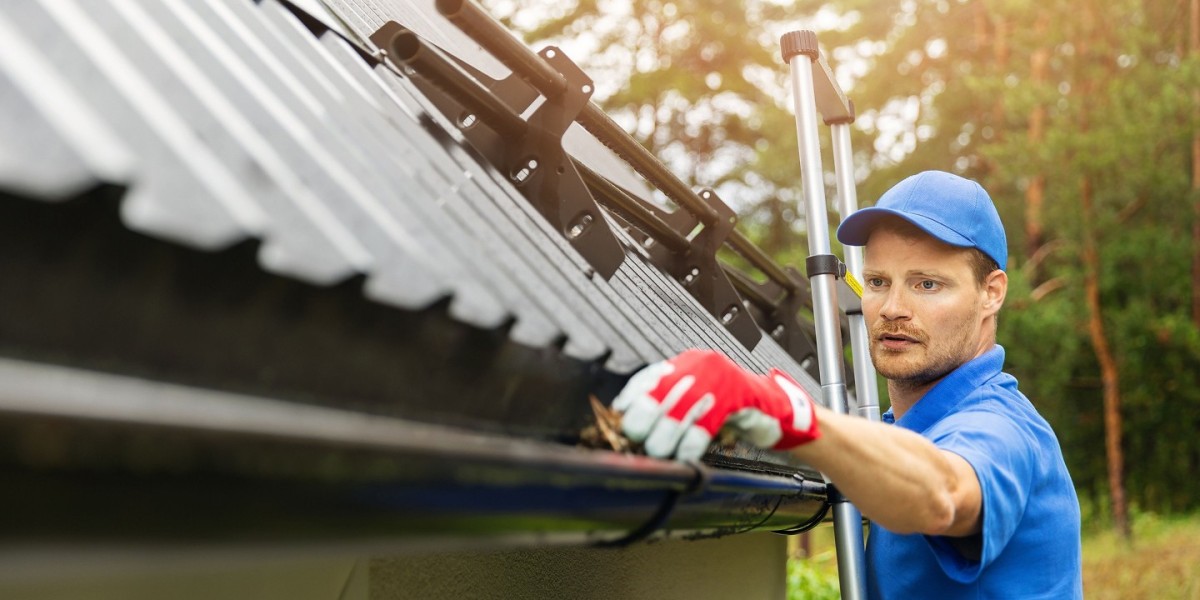Unlock a Sparkling Pool: Discover the Secret to Choosing the Perfect Vacuum Robot!
Maintaining a clean and inviting pool is essential for any pool owner, not just for aesthetic reasons but also for the health and safety of those who enjoy it. A pool vacuum robot can significantly simplify this task, taking the hassle out of cleaning and allowing you to spend more time enjoying your pool. Unlike traditional cleaning methods that often require manual labor and time-consuming techniques, a vacuum robot automates the cleaning process, ensuring every nook and cranny is spotless without your constant oversight. This article aims to guide you in selecting the right pool vacuum robot tailored to your specific needs, helping you unlock the secret to a sparkling pool with ease.

Understanding Pool Vacuum Robots
A pool vacuum robot is an automated device designed to clean swimming pools efficiently. These robots operate independently, navigating the pool's surface and floor to remove debris, dirt, and algae. There are different types of pool vacuum robots available, including automatic models that require minimal user input and manual ones that allow for more control. Additionally, they can be categorized into suction-side, pressure-side, and robotic vacuum cleaners. Suction-side models connect to your pool's filtration system, using suction to remove dirt, while pressure-side models utilize water pressure to propel themselves and vacuum debris. Robotic vacuums, on the other hand, are self-contained units that use their own motors and filtration systems, making them highly efficient and versatile for a variety of pool shapes and sizes.
Key Features to Consider When Choosing a Pool Vacuum Robot
When selecting the right pool vacuum robot, it’s crucial to consider several key features that will influence cleaning performance and user experience. Here are some of the most important aspects to evaluate:
1. Cleaning Efficiency
The cleaning efficiency of a pool vacuum robot largely depends on its design and suction power. Different models are equipped to handle various pool shapes and sizes, ensuring that they can clean effectively without missing spots. A friend of mine has a unique kidney-shaped pool, and after trying out several models, he found that a robot with strong suction power and a versatile cleaning path was essential for keeping his pool pristine.
2. Navigation Technology
Navigation technology plays a vital role in how efficiently a vacuum robot cleans. Some models use random navigation, moving around the pool in a seemingly haphazard manner; while others employ smart navigation systems that map the pool and clean in a more methodical pattern. The latter tends to provide better coverage and reduces the time spent cleaning.
3. Filter Type and Capacity
The type and capacity of the filter can greatly affect the maintenance and performance of the vacuum robot. Options include cartridge filters, which are easy to clean and maintain, and bag filters, which need to be replaced periodically. Choosing a model with a larger filter capacity can minimize the frequency of maintenance, allowing for more cleaning sessions between emptying.
4. Ease of Use and Maintenance
Look for user-friendly features such as programmable cleaning schedules, which allow you to set the robot to clean at specific times, and easy access for cleaning the robot itself. Some models even come with remote controls or smartphone apps, making operation a breeze. A family member of mine swears by a model that allows for quick maintenance checks and has a built-in scheduling function, making pool upkeep almost effortless.
5. Energy Efficiency
Energy efficiency is an important factor to consider, especially if you plan to use the vacuum robot frequently. Many modern models are designed with energy-saving features that can help reduce your electricity bill while ensuring effective cleaning. Look for robots that are certified for their energy efficiency, as they typically offer the best long-term value.
Comparing Popular Options
When comparing different pool vacuum robots, it’s essential to evaluate them based on the features we’ve discussed. Start by determining your pool’s size and shape, as well as your specific cleaning needs. Reading customer reviews can provide valuable insights into the performance and reliability of each model. Look for feedback on how well the robot cleans various surfaces, its durability over time, and the quality of customer service from the manufacturer. Understanding specifications, such as suction power and battery life, will also help you make an informed decision without getting caught up in brand names.
FAQs About Pool Vacuum Robots
As you consider investing in a pool vacuum robot, you may have several questions and concerns. Common inquiries include how to maintain the robot properly, troubleshooting tips for common issues, and expected lifespan. Regular maintenance typically involves cleaning the filters, checking for clogs, and ensuring the brushes are in good condition. Many users find that with proper care, a quality vacuum robot can last for several years, making it a worthwhile investment for pool owners.
Final Thoughts on Choosing a Pool Vacuum Robot
In summary, choosing the right pool vacuum robot involves understanding your unique needs and evaluating the key features that will best serve your pool cleaning requirements. From cleaning efficiency to ease of use, taking the time to research and compare your options will lead to a more enjoyable and hassle-free experience. Investing in a quality pool vacuum robot not only enhances the cleanliness of your pool but also allows you to relax and enjoy your outdoor oasis without constant worry. Embrace the benefits of modern technology and enjoy a sparkling pool all summer long!








